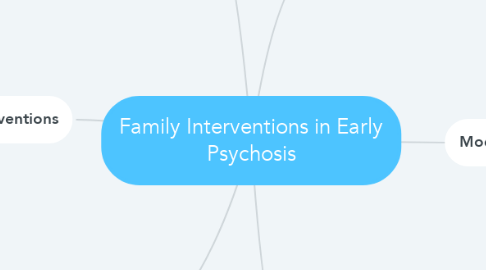Family Interventions in Early Psychosis
by Mat Teo

1. The experience of delivering family interventions
1.1. External supports to deliver family interventions
1.2. Balancing the coordinator and family worker roles
1.3. Barriers to engaging families
1.4. Family communication and relationships
1.5. The inner world of the family worker
2. Efficacy of family interventions
2.1. Reducing number of relapses
2.2. Increasing general functioning
2.3. Carers moving from high to low expressed emotion
2.4. Carers less likely to engage in conflict-laden communication styles
2.5. Improved carer's positive well-being and reduced burden of care
3. Barriers to implementation of family interventions
3.1. Family interest and readiness
3.2. Family support needs
3.3. Family ability to access supports
3.4. Supports for staff
4. Modes of family interventions
4.1. Family psychoeducation groups
4.2. Individualised sessions
4.3. Information giving
4.4. Community outreach
5. What is valued by families in their experience of participating in family interventions
5.1. Intervention appropriate to the phase of illness
5.2. Working with carer appraisal of psychotic illness and expressed emotion
5.3. Delivering family group work interventions
5.4. Individualised family interventions as a part of standard service provision.
6. Key components of family interventions
6.1. Information sharing (psychoeducation)
6.2. Problem-solving
6.3. Emotional processing
6.4. Stress management
6.5. Communication


